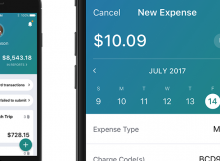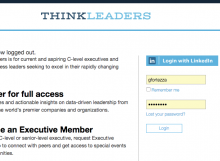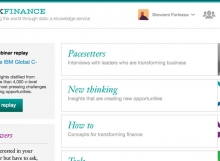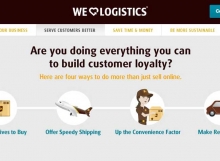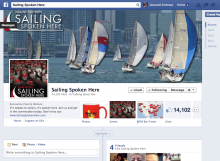



Project makeup
Problem definition – If you know what you are trying to solve you are well on your way to be able to setup your KPIs. Additionally identifying your target audience(s) and what constitutes success enables the team to start on the persona development. Personas must be created early on in the process and refined along the way up to the completion of the experience journey. Personas (or personae) serve multiple purposes, they provide a basis for the audience, focus our efforts and humanize the conversations since the solution we are building is for a ‘real’ person.
Social listening enables companies to prevent damaging situation. Data driven scenario are adopted to take relationship management to the next level and are used to identify and remedy possible negative social events
Research – While research continues throughout a project it is imperative that a large effort is part of the initial stage. During this phase we collect any primary and secondary research from the client and perform any additional research to fill identified gaps. Stakeholder interviews are used to further clarify goals, expand the feeling of ownership, collect information from people that are on the fringes of the project so to build support, and ultimately to gather requirements for the project. Usability is often conducted on the existing site to test an hypothesis or to validate a proposed solution.
A visualization of the travel cycle of a frequent traveler with related touchpoints. At each stage, the individual touchpoints are supplemented by the needs of the traveler, brand messaging that we need to communicate and the specific features and functions on various devices.
The initial days of the sprint are spent as a group that includes all team members and stakeholders, in a creative sprint every voice is heard and reflected in a journey map.
User experience model – During the brainstorming sessions with the client, the touchpoints of the journey are defined and features are quickly gathered through a variety of day long group activities. At the end of the day the team, which includes client representation, has developed a collaborative direction in which to take the phase 1 solution, with additional thoughts to future phases. Using the Kano model the team engages in an prioritization exercise. From that we create a user experience journey map and persona/scenario combination. This allows us to display a user experience strategy in relation to a real person with real goals and associated features and tasks.
The project goal to make the environment instructional and easy to navigate for the c-suite using an iPad was achieved by creating a content model where end users could swipe in any direction to arrive at related content.
Being able to compare features and functionality that have emerged from a creative sprint exercise is key to the success of the project.
Wireframes and specifications – From this point on depending on the type of project, waterfall or agile, a different approach is taken on the wireframe development. If the project is waterfall then a full set of wireframes are developed with a complete set of annotations in either paper format, prototype or both with various internal and client reviews. If the project is agile on a 2 week standard delivery schedule then wires are developed in collaboration with designer and developer and reviewed with the full team as developed. Agile development requires that at the beginning of a sprint a certain number of stories are agreed upon by the team and those stories must be delivered at the end of the sprint. Therefore it is very common to build quickly, refine and add in subsequent sprints.
The event web-app was developed to support up to 150 attendees. Post event, the web-app redirects to THINK Leaders content and post event coverage. This prototype is best viewed on a smartphone.
Blog entry
Recent projects
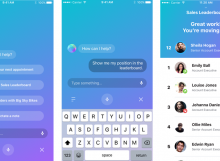
Project MAX
Design, Innovation Service Design, Mobile, User Experience
Project MAX
Design, Innovation Service Design, Mobile, User Experience
How Infor Hook & Loop created Project MAX a consumer grade experience to deliver support to field sales reps and inadvertently created a key element of Infor's mobile strategy.XM Expense Management
Design, Innovation Service Design, Mobile, User Experience
Identifying the opportunity
When active in the field, expense management is not always top of […]
IBM – THINK Leaders
Usability, User Experience, Web
THINK Leaders is a program that includes a web product, a mobile product, and […]
IBM – THINK Marketing and THINK Finance
Usability, User Experience
THINK is a new model for engaging select high value business and organization leaders […]
UPS – The new Logistics
Design, Web
The new logistics is a program designed by UPS that targets C level executives […]
Mount Gay Rum – Sailing Spoken Here
Design, User Experience
Sailing Spoken Here (a Mount Gay Rum campaign) – 2011
“The goal is for the microsite […]
Time Warner Cable
Usability, User Experience, Web
The Time Warner Cable shopping process or Buy-Flow added a nationwide purchase process to […]







